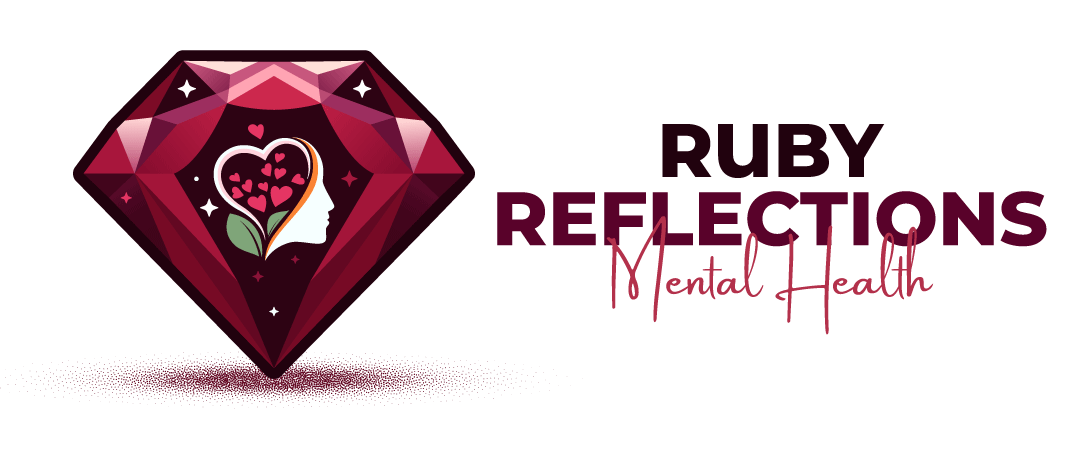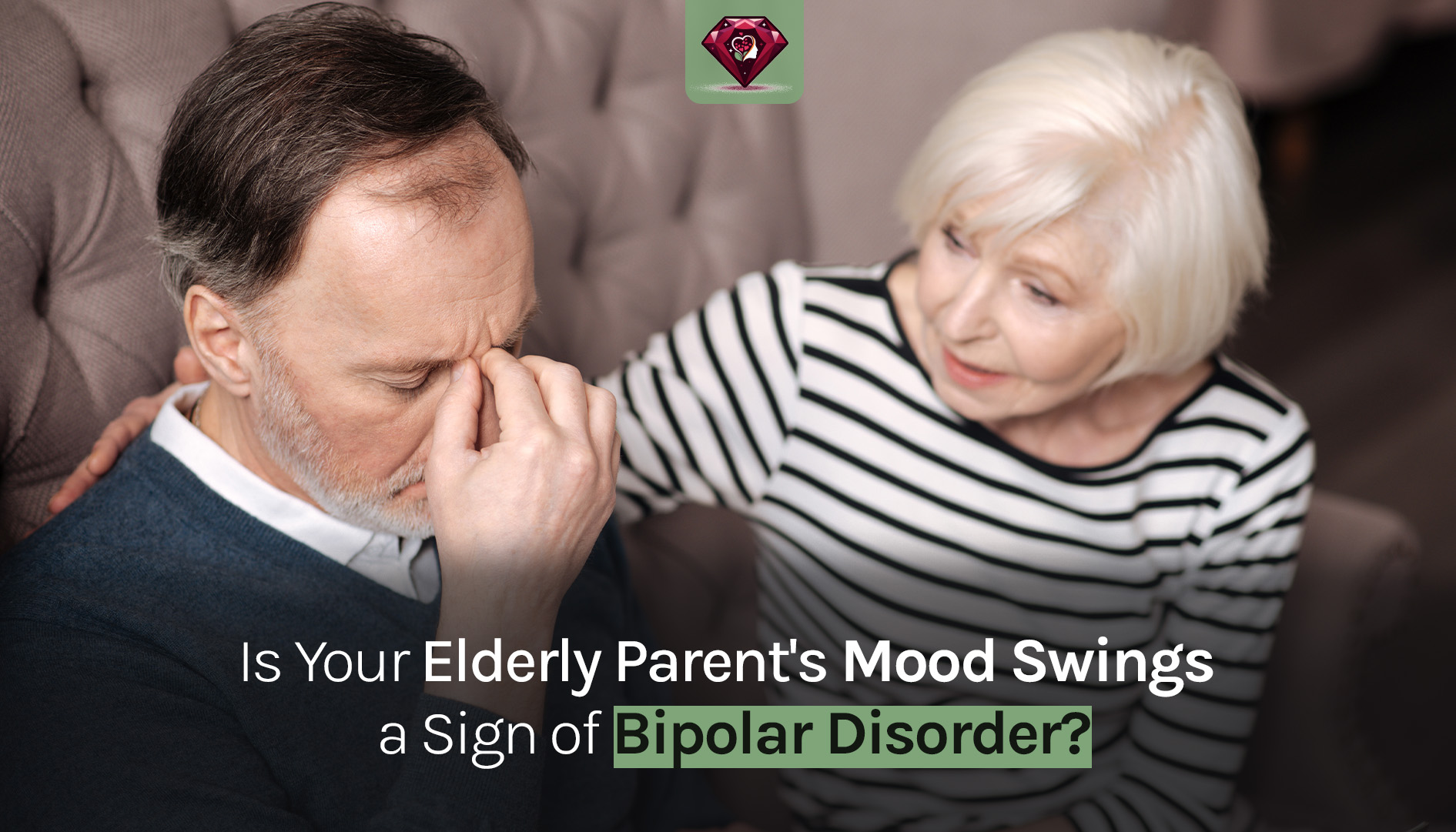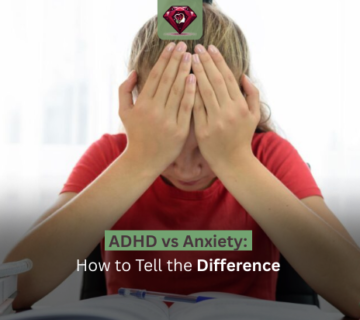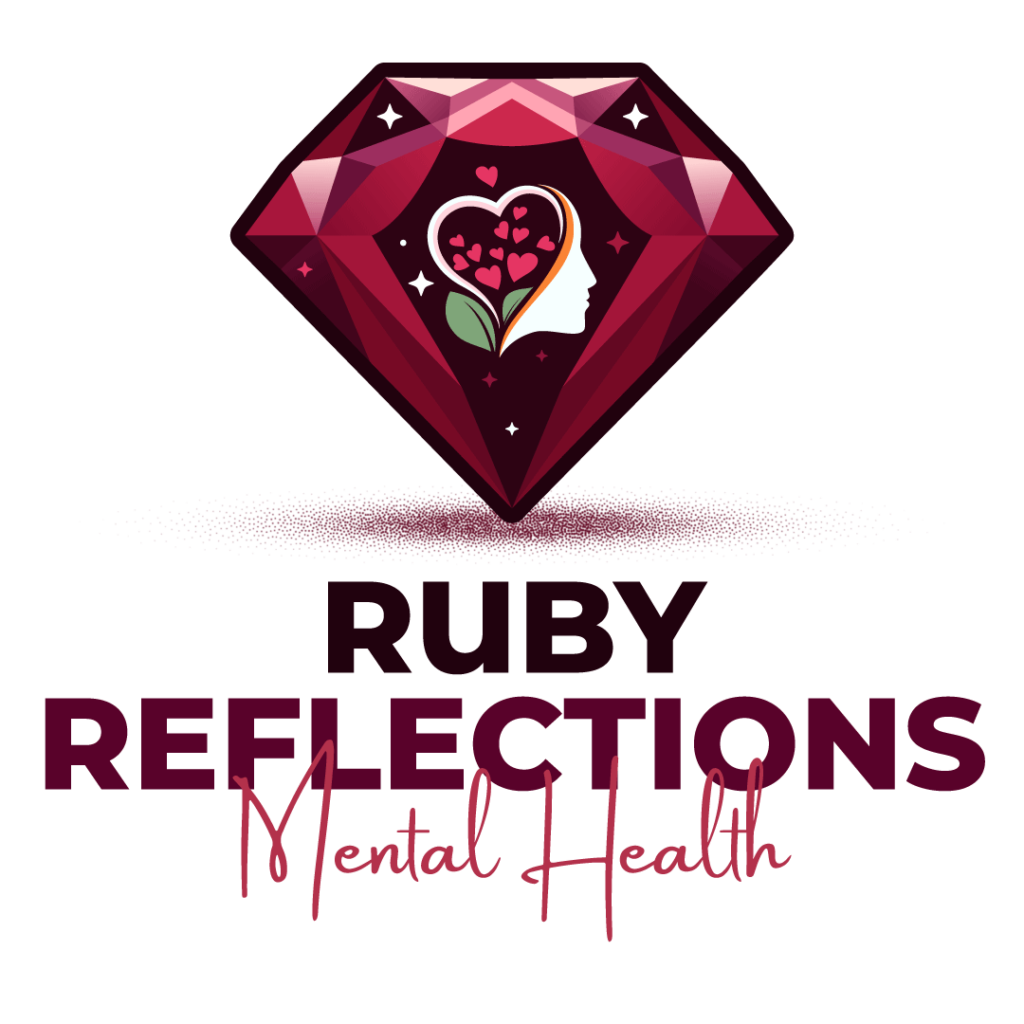Mood changes in older adults can worry families. Some mood swings are normal. Other times, they may mean something more. We highlight key signs to look out for and explain how Ruby Reflections Mental Health can assist you.
What Is Bipolar Disorder?
Bipolar disorder is a health problem that changes mood a lot. A person may feel very happy, full of energy, or very sad and tired. These ups and downs last longer than normal mood changes. They can make daily life difficult.
How Mood Swings Can Look in Older Adults
Mood swings in older people can look like:
- Times of very high energy. They may talk fast. They may sleep less.
- Times of deep sadness. They may cry more. They may want to stay in bed.
- Big changes in eating or sleeping.
- Saying things that seem odd or risky.
- Losing interest in things they used to love.
Some of these signs can also come from other causes. It might be medicine side effects, health problems, or grief.
What Is Normal Aging Mood Change?
As people grow older, feelings can change. Normal mood changes are usually not very strong. They do not stop a person from doing daily tasks. Normal sadness after a loss is different from long-lasting sadness that won’t go away.
When To Be Worried
Get help if your parent:
- Has very high or very low moods that last for days or weeks.
- Acts in ways that are unsafe or out of character.
- Can’t sleep for many nights or sleep all day.
- Stops eating or loses a lot of weight.
- Says they want to hurt themselves or give up on life.
These are signs to call a health professional right away.
How We Check for Bipolar Disorder
At Ruby Reflections Mental Health, we do a careful check. We ask about:
- Health history.
- Medicines that they take.
- How long do the mood changes last.
- Sleep and eating patterns.
- Daily habits and memory.
We use telehealth or in-person care. We listen with care. Our goal is to know the full picture.
Why Other Things Can Look Like Bipolar
Many things can cause mood swings. These include:
- New or changed medications.
- Body illnesses, like thyroid problems or infections.
- Memory problems, like dementia.
- Drinking too much alcohol or using drugs.
- Loss and stress.
We test for these things so we do not miss the real cause.
How We Help: Simple Steps
We help with steps that are clear and kind:
- Complete Evaluation. We do a full psychiatric check to learn what is happening.
- Medication Management. If medicine can help, we explain it. We watch for side effects.
- Supportive Psychotherapy. We talk with your parents. We help them learn ways to cope.
- Family Support. We teach families how to help and stay safe.
- Addiction Care. If substances are a problem, we treat that too.
- Telehealth Care. Many visits can be done from home. This keeps care easier and more private.
About Our Team
We are Ruby Reflections Mental Health. We care about your loved one. We treat each person with respect. Our goal is to make life better and safer.
Kemisola “Kemi” Ebietomiye is our psychiatric nurse practitioner. Kemi has many years of experience. She has cared for people of all ages. She worked in care homes and clinics. She knows how to help older adults with mood and memory issues. She listens, is kind, and makes clear plans.
What Families Can Do Right Now
- Keep a mood journal. Write when moods change and how long they last.
- Check medicine bottles. Note any new medicines.
- Make a safe space. Remove things that could harm them when they are very low.
- Talk gently. Offer to help with a health call or visit.
- Ask for help from a health team like ours.
When To Call Emergency Help
If your parent says they will hurt themselves or others, call emergency services right away. Do not wait. Safety comes first.
How To Start with Ruby Reflections Mental Health
You can contact us by phone or on our website. We offer telehealth visits so your parent can speak with us from home. We will listen. We will make a clear plan. We will include the family when it helps the person get better.
Conclusion
Mood swings in older adults can come from many things. Sometimes they point to bipolar disorder. Often, they come from medication, illness, or loss. The right check helps find the real cause. We are here to help your family with care that is warm and clear. If you are worried, reach out. You do not have to face this alone.
FAQs
Q. Are mood swings normal in older people?
Some mood changes are normal. Big or long mood swings are not normal and need a check-up.
Q. Could medicine or illness cause mood swings?
Yes. New medicines or other health problems can change mood. We check these first.






